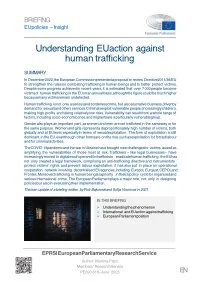By Antonella Bandiera, Lelys Dinarte, Sandra Rozo, Carlos Schmidt-Padilla, Micaela Sviatschi, Hernan. Winkler
Can repatriation inflows impact firm behavior in origin countries? This paper examines this question in the context of repatriation inflows from the United States and Mexico to El Salvador. The paper combines a rich longitudinal data set covering all formal firms in El Salvador with individual-level data on all registered repatriations from 2010 to 2017. The empirical strategy combines variation in the municipality of birth of individuals repatriated over 1995–2002—before a significant change in deportation policies—with annual variation in aggregate inflows of repatriations to El Salvador. The findings show that repatriations have large negative effects on the average wages of formal workers. This is mainly driven by formal firms in sectors that face more intense competition from the informal sector, which deportees are more likely to join. Repatriation inflows also reduce total employment among formal firms in those sectors. Given that most deportees spend less than a month abroad, these findings suggest that the experience of being detained and deported can have strong negative effects not only on the deportees, but also on their receiving communities.
Policy Research Working Paper 9521. Washington, DC: The World Bank, 2021. 39p.





















